Topic: Consumer Behavior

How to — and How Not to — Message Older Americans
Practitioners often ignore decades of progress in understanding what works

How to Make Sustainable Products More Appealing to Consumers
Magali Delmas proposes a “green bundle,” combining environmental good with product traits — quality, healthiness, performance, status — that have always sold

If Shoe Shoppers Will Accept a Half-Size Difference, How Should Merchants Adjust Inventory?
Carrying fewer pairs of some sizes could be a potential profit booster for boutiques

Improving Utility Calculations on Energy Demand to Reduce Costs
Power companies haven’t maximized the benefits of customers agreeing to short-term electricity interruptions
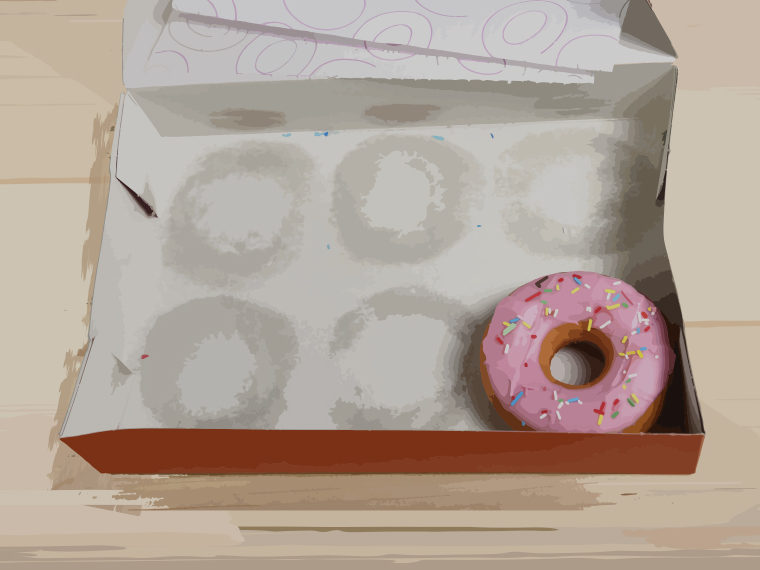
Inventory Scarcity Messages in Online Retailing Can Backfire
If there are only six left, I guess I won’t be buying a dozen

Is Anyone Happy about the College Textbook Market?
Buyers find the tomes heavy, costly and too frequently revised, while sellers might like to kill the used book market entirely

Lies, Damned Lies and Statistics — and Data Visualization
How we interpret time-series data is dependent on the designer’s chosen format

Luxury Goods: The Perils and Profits in Lower-Priced Markets
A study uses game theory to suggest when designer companies should license their names for down-market goods

Measuring the Impact of Currency Moves on Consumer Prices
It varies across goods and services and can be blunted by monetary policy
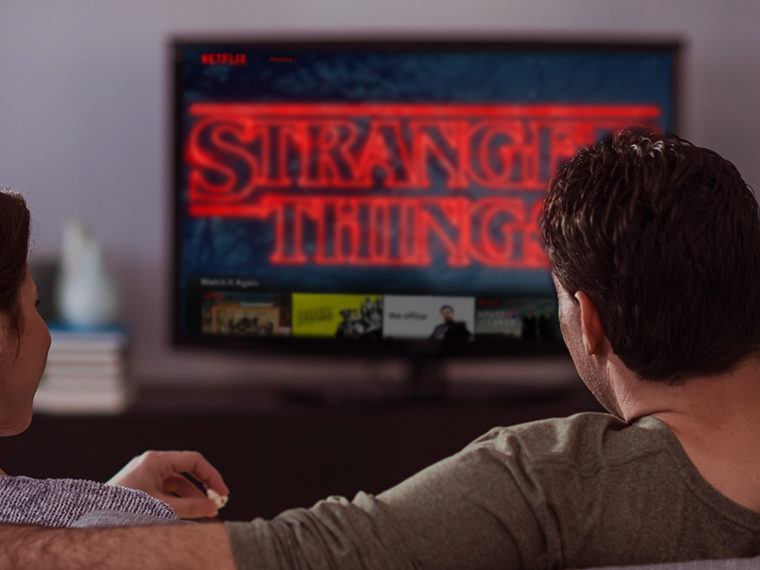
Monetizing TV Content: What Binge Watchers Will and Won’t Do
Fandom doesn’t mean blindly following a franchise wherever it ventures or being a vocal cheerleader

Motivating Households in India to Reduce Energy Consumption
The same message that works with U.S. households is effective in the developing world
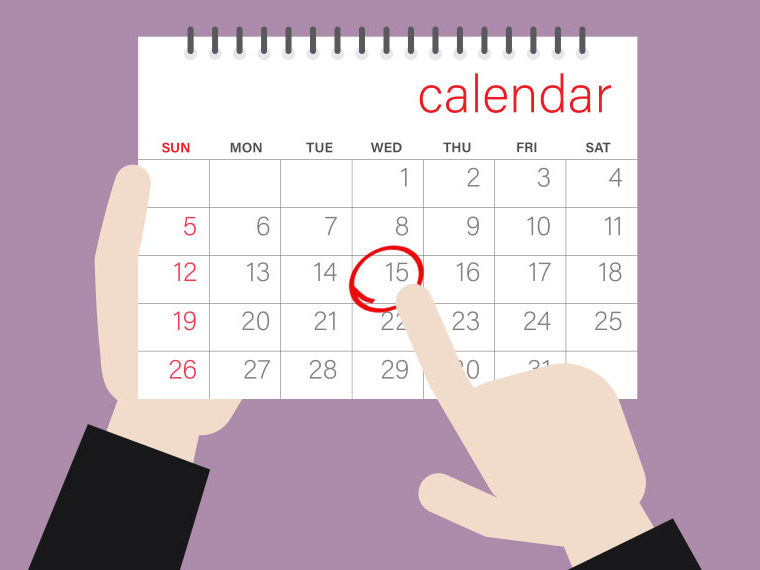
Motivation to Begin or an Excuse to Slack Off?
Fresh-start dates can serve as either — it’s a two-way nudge

Offering Free Upgrades Early to Manage Inventory and Boost Profit
Waiting until one product model runs out can be a costly mistake

Online Coupons Work in the Moment but Don’t Seem to Alter the Seller-Shopper Relationship
Studying 1 million Alibaba users, Hengchen Dai mostly confirms the transactional nature of internet retailing
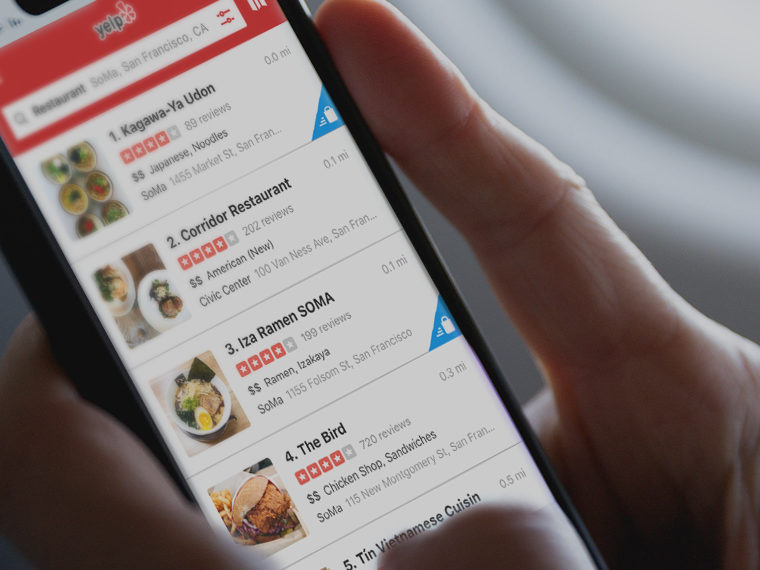
Online Reviews Sway Experiential Purchases Less Than Those of Material Products
Reviews that explicitly talk about objective quality assessments are well received
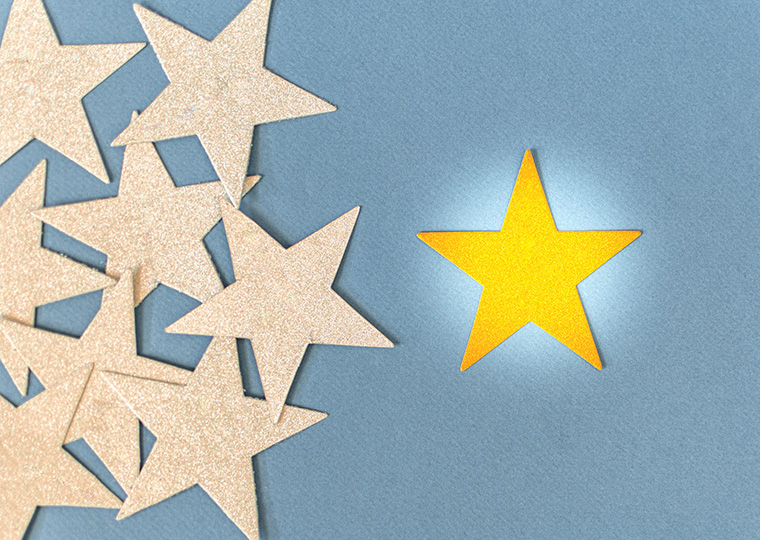
Online Reviews: Should Sellers Show All or a Subset Relevant to You?
Most sellers do one or the other, but giving shoppers both might lift sales